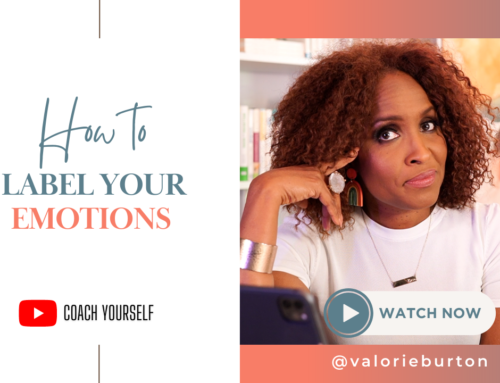The last few of years have tested our collective resilience – the economic downturn and layoffs have certainly taken their toll on a lot of individual lives. But even if you haven’t been a victim, it’s a safe bet you still know what it means to have a setback, whether in a relationship, your health or dealing with any unexpected challenges. What is it that allows some people to bounce back while others languish after a setback? What will empower you to become better as a result of a setback or challenge, rather than bitter?
Research shows that resilient people think differently. They have a set of skills – sometimes learned, other times innate – that allow them to persevere, manage stress and triumph in the face of challenges. Here are five of the things resilient people do:
- They are authentic.
Resilient people are at peace with their humanity. Perhaps it is because their mistakes along the way have humbled them, or life experiences have helped them accept their own vulnerability, but resilient people don’t let imperfections hinder them. They don’t think failing means being a “failure.” They learn as they go, making course corrections that lead them to positive outcomes.
- They are flexible thinkers.
Even if initially, they struggle with negative thoughts, resilient people are self-aware enough to notice when their thinking is counterproductive. They don’t fall into thinking traps such as jumping to conclusions or making assumptions. Instead, they gather the facts they need to move around obstacles and face the challenge head on. If something isn’t working, they make adjustments until it works. They find the aspects of their challenge that are within their control and they exercise that control. So when faced with a cancer diagnosis, they change their eating habits to help them recover. When they get passed over for promotion, they find the grain of truth in the boss’ negative review and start making improvements.
- They are optimistic – except when there is a great deal at risk.
It’s hard to bounce back from setbacks when you see every obstacle as the end of the world! Research shows that optimists live as much as nine years longer than pessimists. Seeing the bright side is good for your health and longevity. But it isn’t about simplistic “positive thinking.” Resilient people see risks and take precautions to prevent problems. But when faced with a challenge, they are more likely to say, “I can get through this,” whether it is a test, a divorce or the loss of a loved one.
- They reach out.
Resilient people don’t go it alone. They have close friends and are not too proud to ask for help when they need it. When faced with a stressful situation, just knowing you have support can alleviate the pressure. Make your relationships a priority.
My challenge to you this week:
Whatever challenge you face, you can push through it. Make a decision to see the good that can come out of the adversity you face.
Journaling assignment:
What lesson or opportunity is being offered to you in the midst of a challenge? What are you grateful for in the midst of your challenge? Who will you lean on or talk to for support? Let me know what lessons are being offered to you right now.



